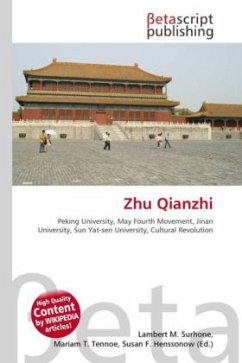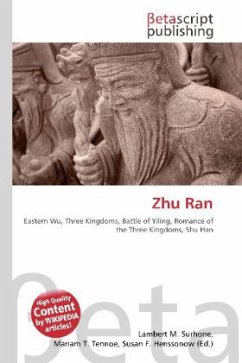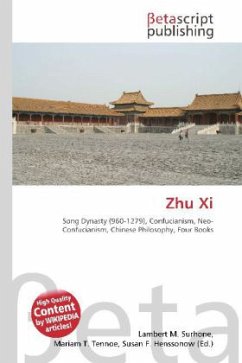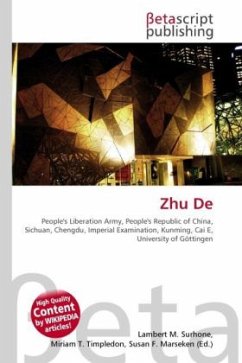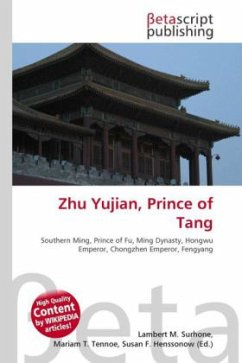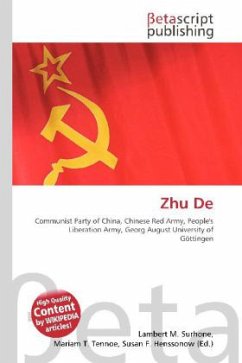Please note that the content of this book primarily consists of articles available from Wikipedia or other free sources online. Zhu Qianzhi (simplified Chinese: ; traditional Chinese: ; pinyin: Zh Qi nzh ; Wade-Giles: Chu Ch''ien-chih, 1899 1972) was a Chinese intellectual, translator and historian.Born to a medical family in Fuzhou, Fujian Province, Zhu was admitted to Peking University at the age of 17 in 1916, majoring in philosophy. Prior to the emergence of Marxism in the 1920s, anarchism and socialism were major influences among radical students. Zhu adopted radical anarchist and oeuvrierist views, was an active student writer and editor and pioneered the use of the ''big-character poster.'' Taking active part in the student protests that erupted following the Paris Peace Talks and the Treaty of Versailles, and which developed into the patriotic and anti-feudalistic May Fourth Movement in 1919, Zhu was arrested by Beijing''s warlord government in October. In his undergraduate years at Peking University, Zhu befriended the young Mao Zedong who was then an assistant in the University library. In the interviews with Edgar Snow published in Red Star over China Mao acknowledged the influence of Zhu''s anarchism.
Bitte wählen Sie Ihr Anliegen aus.
Rechnungen
Retourenschein anfordern
Bestellstatus
Storno

